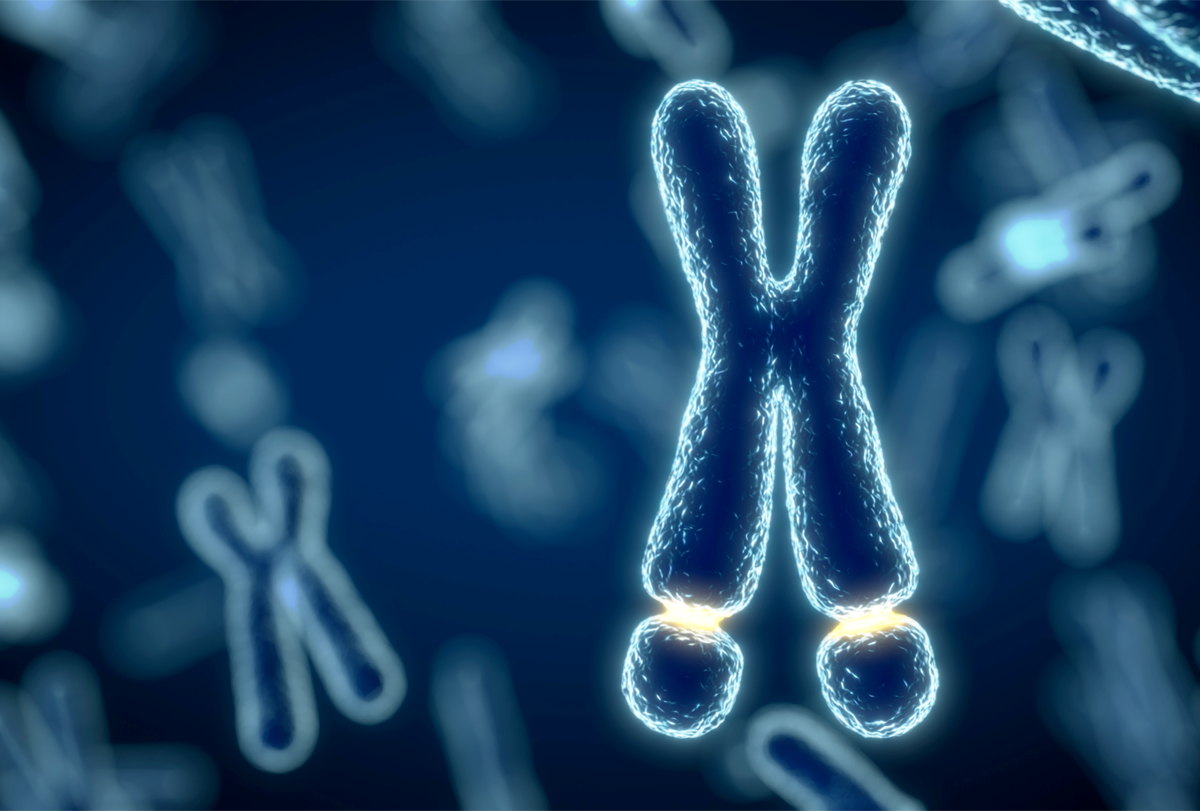Methylation
Recent articles
Unknown isoform adds twist to theory of fragile X origins
Contrary to conventional wisdom, most people with fragile X syndrome express the FMR1 gene — albeit improperly.

Unknown isoform adds twist to theory of fragile X origins
Contrary to conventional wisdom, most people with fragile X syndrome express the FMR1 gene — albeit improperly.
New gene-editing method flags fragile X mutation for repair
The approach prompts cultured cells to correct the genetic mutation in fragile X syndrome using their own DNA repair system, but it still needs to be tested further.

New gene-editing method flags fragile X mutation for repair
The approach prompts cultured cells to correct the genetic mutation in fragile X syndrome using their own DNA repair system, but it still needs to be tested further.
Explore more from The Transmitter
Functional MRI can do more than you think
Recent technological advances provide a range of new and different information about brain physiology. But taking full advantage of these gains depends on collaboration between engineers and neuroscientists.

Functional MRI can do more than you think
Recent technological advances provide a range of new and different information about brain physiology. But taking full advantage of these gains depends on collaboration between engineers and neuroscientists.
As federal funders desert mentorship programs for marginalized students, trainee-led initiatives fill the gap
Grassroots organizations, led by graduate students and postdoctoral researchers, are stepping up to provide neuroscience career training and guidance for students from marginalized backgrounds—and they need your support.

As federal funders desert mentorship programs for marginalized students, trainee-led initiatives fill the gap
Grassroots organizations, led by graduate students and postdoctoral researchers, are stepping up to provide neuroscience career training and guidance for students from marginalized backgrounds—and they need your support.
Split gene therapy delivers promise in mice modeling Dravet syndrome
The new approach overcomes viral packaging limitations by delivering SCN1A piecemeal and stitching it together in target cells.

Split gene therapy delivers promise in mice modeling Dravet syndrome
The new approach overcomes viral packaging limitations by delivering SCN1A piecemeal and stitching it together in target cells.